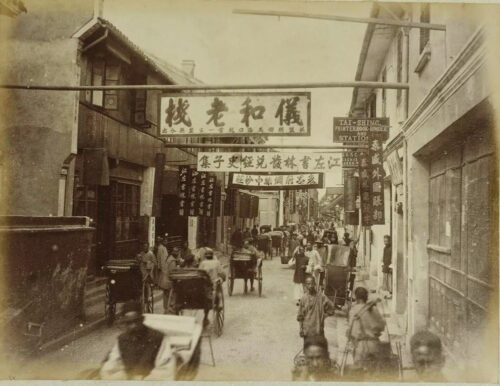The Shanghai marriage market, visualized
The Shanghai marriage market, visualized

If you ever get a chance to wander through Shanghai’s marriage market in the park at People’s Square, you might be amazed by how dating can be reduced to what CNN aptly called “Match.com meets farmers’ market,” where worried parents put up advertisements of their children, hoping to set their kids up on a blind date.
But if you aren’t lucky enough to check it out in person, The Paper has published a data visualization that shows the dating pool in great detail.
Based on 874 ads collected over six weeks, The Paper found that women account for about 70 percent of the entire pool. In terms of age, the report shows that male candidates are generally older than their female counterparts, echoing a 2010 analysis by Remin University of China, which suggests that in Chinese marriages, husbands are on average 2.7 years older than their partners.
In some depressing yet not surprising news for women, the project also showed that when stating qualifications for potential dates, men overwhelmingly prefer younger women, especially those who were born in the 1980s. In contrast, women like to be with someone their own age.
And if you think the people in this marriage market are there out desperation, the report is here to prove you wrong. A majority hold a college degree, and about 40 percent of the participants come from a family where at least one parent has a respectable occupation, e.g., teacher, doctor, government official.
To understand what these people are looking for in their future partners and how they sell themselves, the reporters also analyzed what’s emphasized and downplayed in the ads. They found that in addition to essential personal information such as gender, age, height, job, and education, the location of one’s household registration (hukou) and home ownership are significant factors.
Interestingly, only 9 percent of the ads mention a person’s hobbies. “No smoking, drinking, or any bad habits” is a frequently occurring line. These results contradict Tencent’s findings in a 2016 dating survey, in which respondents said that “mutual interests and similar beliefs” are key. “Apparently the marriage market doesn’t have room for people to connect on a non-material level,” the report concludes.






